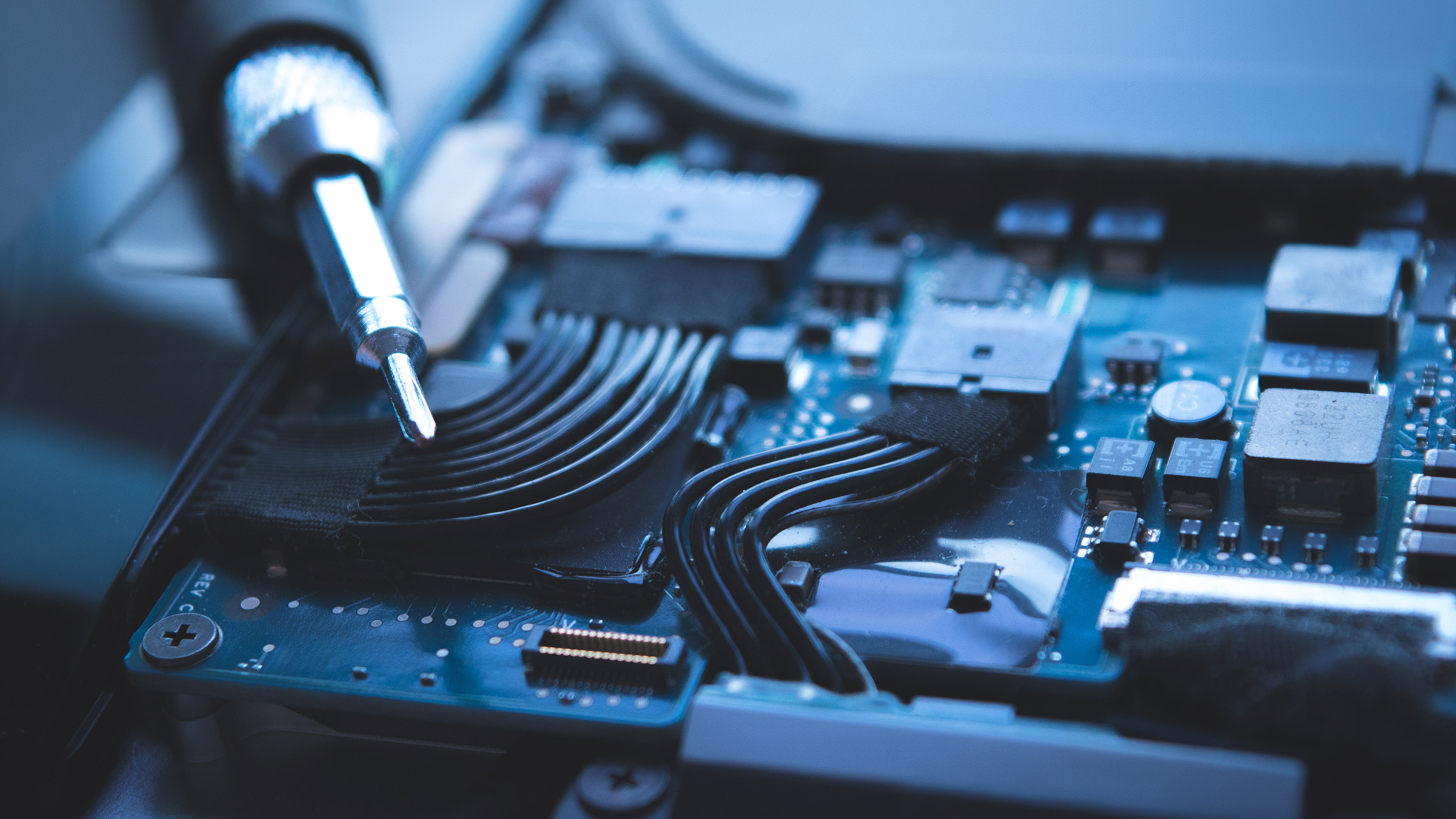ElectroScience: Catarina Barata, researcher at the Center for Responsible AI

Catarina Barata, professor at the Department of Electrical and Computer Engineering and researcher at the Institute of Systems and Robotics (ISR), was recently named a Scholar by ELLIS – European Laboratory for Learning and Intelligent Systems, as part of a program aimed at creating an advanced scientific community focused on artificial intelligence and machine learning. "It was a great honor because the purpose of ELLIS is to bring together people who, across various European labs, work in the field of machine learning," she says, highlighting that the evaluation process, in her case, could not be carried out by Portuguese researchers or those working in Portugal, which posed one of the challenges of the process. The researcher is also part of the team at the Center for Responsible AI and VisLab.
Her interest in electrical and computer engineering began during her master's degree in biomedical engineering, when she realized the importance of acquiring knowledge in systems, decision-making, and control to develop AI tools that could be used in clinical environments.
Much of my research is focused on the analysis of data produced in clinical practice.
Catarina Barata, Professor at DEEC and Researcher at ISR
Her research focuses on the processing of medical images (CT scans, MRIs, pathology slides, and immunohistochemical images—which help identify protein expression in patient cells), aiming to use AI mechanisms and machine learning to predict diagnoses and prognoses for patients, particularly cancer patients. Currently, her research centers on analyzing photographs of skin lesions to detect tumors.
During this process, a neural network model is used—similar to the human brain: the AI system receives data (e.g., a medical image) and converts it into information that can be associated with a diagnosis. Researchers use various types of automated learning to train the AI in different contexts.
In a clinical environment, there's a need to train the system through weakly supervised learning, where not all data is provided—for example, in a case where the system knows a tumor exists but not its location. Researchers also use self-supervised learning, where tasks unrelated to clinical goals are given to the system (such as processing an image that can be retrieved by the system so that no information is lost), and continuous learning, where the system is expected to keep learning from the data it receives after specialists stop training it.
Where AI systems are truly, or could become, helpful is as a second opinion [in medical diagnosis].
Catarina Barata, Professor at DEEC and Researcher at ISR
Catarina emphasizes that the primary goal of her research is to contribute to optimizing clinical processes, aiming to channel resources more efficiently, always working alongside specialists, and not to replace them. AI algorithms could play a significant role in patient triage: after multiple radiographs are taken, the system should be capable of identifying the presence of tumors and classifying their severity, indicating to doctors which cases need urgent attention—something that could impact breast cancer screening. Conversely, doctors could also enhance their clinical knowledge through interaction with the system.
AI could also be useful for obtaining a representation of patients, by cross-referencing various biological data to study which therapies are most appropriate for each individual. However, one of the challenges researchers face is the lack of data capable of representing all patient populations due to significant genetic and demographic variety. Thus, one of the biggest challenges is to increase clinical knowledge and develop new medications, aiming to both personalize therapies and reduce the number of required phases and testing on living beings.
There are many challenges. One of them is that we will never be able to guarantee that we have data to cover everything.
Catarina Barata, Professor at DEEC and Researcher at ISR
Her research involves collaboration with doctors, who share data and point out which ones may be most relevant, as well as professionals in biochemistry, who study the meaning of molecular expression. Catarina emphasizes that the research is currently focused mainly on developing tools for healthcare professionals.
Catarina Barata is also involved in research related to surgical procedures, analyzing the techniques used by surgeons and their relationship with patient prognosis, as well as how outcomes vary when the same procedure is used.
In conclusion, while the study of AI applications and their consequences remains an open issue, currently being regulated by the European Union, the researcher believes that these mechanisms, in general, will have a positive impact, contributing to the knowledge of specialists across various fields.
